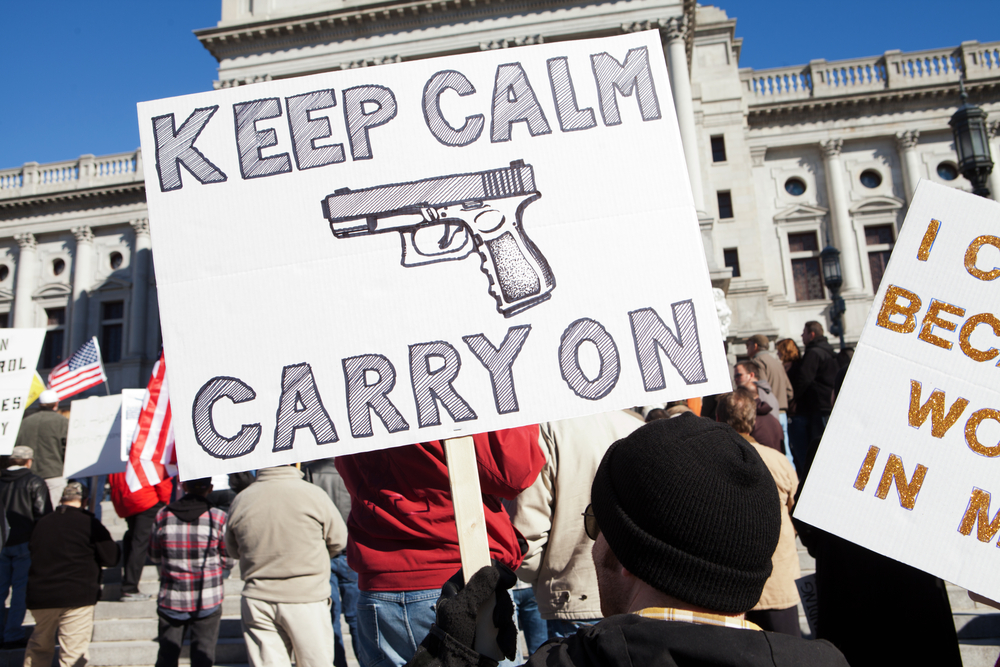From the outset of the coronavirus pandemic one thing has been clear. Older members of the population are more vulnerable to the effects of COVID-19. Now some are concerned vulnerability could become a Scarlet C and lead to age discrimination in the workplace.
The Equal Employment Opportunity Commission clearly sees the potential for discrimination. Early in June it updated its information to employers about COVID-19 and the Americans for Disabilities Act, the Rehabilitation Act and other equal employment opportunity laws like age discrimination.
The bottom line: You cannot use COVID-19 to discriminate against workers, even if you think you are protecting them from the pandemic.
RELATED: Unemployment rules get stricter, choices harder
RELATED: Uber, Lyft drivers earn win in battle for unemployment benefits

“I think people who are in the business — the EEOC and employment lawyers — they realize that there are good employers and bad employers and that the bad employers will use this as an opportunity to rid themselves of people that they find undesirable because of age or because they have ongoing health issues,” said labor attorney Chris Gray, a partner in the Tampa firm Florin Gray Bouzas Owens, LLC. “The EEOC sees it and they understand it. I think that’s why they send out those statements to not do that. Unfortunately, that will not dissuade the bad employers from doing it anyway. Some of these businesses have reason to reduce the size of their work force. … The question is, who do you select? Do you make the selection based on merit or do you make it on some other characteristic that’s illegal, such as your age or your health or something along those lines?”
Age discrimination already a problem
Gray said he expects COVID-19 to aggravate an already problematic situation when it comes to age discrimination in the workplace.
“It’s not good,” he said. “I see age as, obviously, a factor in people losing their jobs. I think that’s not a surprise. I also see health. When you combine the two, as you point out because of COVID, you have these older workers who may be more vulnerable to get sick. It just aggravates the problem for these employees. Employers that don’t want to have to deal with people’s health issues realize that if you’re 60-plus years old it’s much more likely that we’re going to have to deal with one of your health issues. That’s regardless of whether we have a pandemic Throw in the higher vulnerability to the COVID virus and, yeah, let’s just put it this way: It would be easier to get a job if employers didn’t have those concerns. They look at when you graduated high school or college and that’s all they need to know.”
Gray said the EEOC updates on COVID-19 and age discrimination are the agency’s attempt to remind employers that the best tactic is to try to be reasonable in a situation like a pandemic.
“I think the good employers try to work with their employees so they can stay employed,” Gray said. “So, if you have somebody who is more vulnerable, should you take reasonable steps, whether it’s work from home or other steps, so that employee can continue to earn a paycheck? Absolutely. It’s a balance between the rights of the employer and the rights of the employee. It’s not that you have to do everything the employee asks you to do. But if it’s reasonable and you can accommodate that, why wouldn’t you?”
Accommodation is complicated
Gray admits COVID-19 makes the idea of reasonable accommodation even more complicated for employers and employees.
“There are some very complicated issues to deal with and it’s hard to have the right answer that applies to all companies and all employees,” Gray said. “For some companies it may be reasonable to have their folks work from home. For others it may not be reasonable. So, it’s really kind of a company to company or industry to industry analysis, I think.”
Gray has not yet seen an uptick in age discrimination complaints related to COVID-19. But, he says, it’s pretty early in the process with companies still trying to figure out how to bring employees back into the workplace.
“I certainly think there’s that potential,” he said. “Certainly, in my career I have found that there are far too many companies who don’t like to deal with people who are sick and have health issues. And if you are more prone to be sick or have health issues that throws you into that category of undesirable for some employers”
Seeing the impact and proving the impact of age discrimination because of COVID-19 vulnerability are two different things, however.
“I’ve been doing this for 25 years and I can tell you that these cases can be very difficult,” Gray said. “You have to show that your employer intentionally took an adverse employment action because of your age. A lot of times you don’t have direct evidence of that. No one says, hey, I’m going to fire you because of your age or I’m going to demote you. You largely prove these cases through circumstantial evidence. Like, there is no other logical reason. I’ve been performing towards the top of my peer group or certainly not at the bottom. I’m a long term employee. I don’t have disciplinary problems. You kind of do it by taking away any logical reason that this person would be fired.”
Gray urges older workers to follow their instincts if they lose their jobs in the age of coronavirus.
‘’If you feel like it’s because of your age or your health or some other protected category, you feel that way for a particular reason and you ought to express that reason to somebody and let them do the analysis and say, yeah, that seems like age was the reason you lost your job,” he said. “Juries can figure this stuff out. When there’s discrimination, it’s not easy to prove, but its provable, that’s for sure.”














